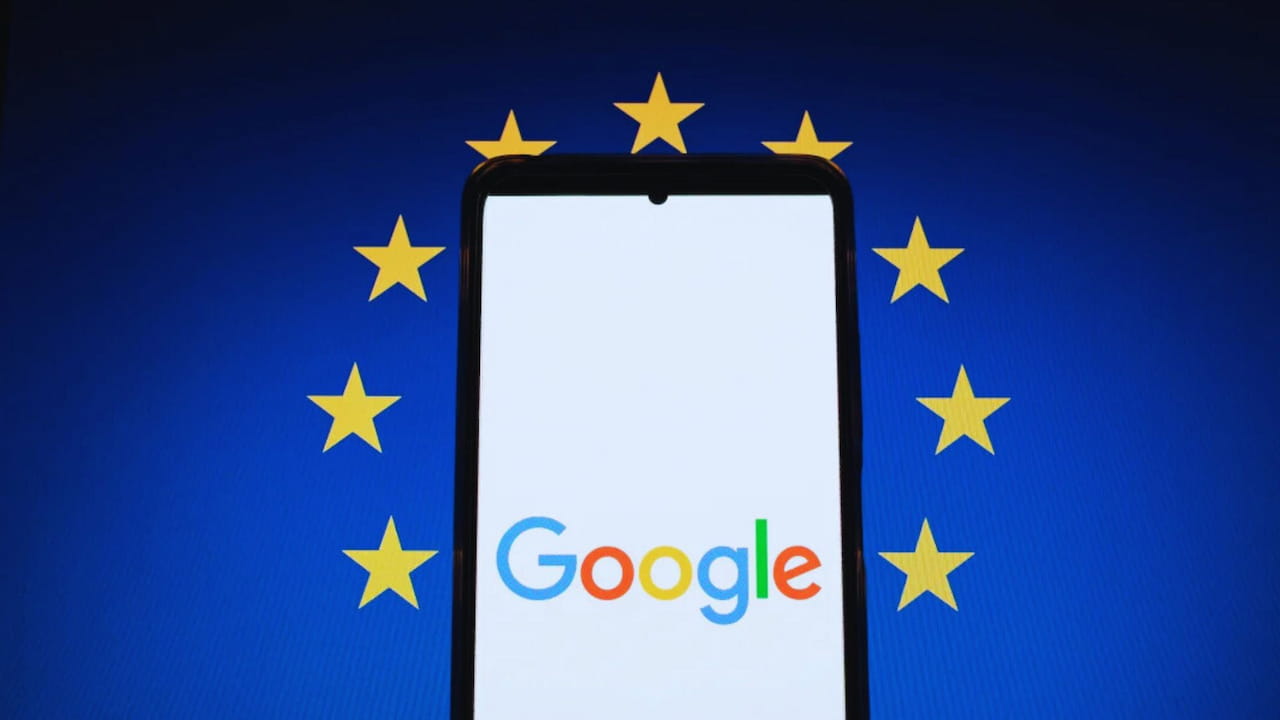European Search Rivals Join Forces to Break Free from Big Tech’s Search Monopoly
In a groundbreaking move that could reshape the European digital landscape, Ecosia and Qwant have announced a historic partnership to build their own search engine infrastructure, marking a bold step toward reducing Europe’s dependence on American tech giants.
The Power Play: What’s Happening?
The European Search Perspective (EUSP) is a joint venture between Ecosia, a Berlin-based eco-friendly search engine, and Qwant, a privacy-focused search platform in France. This 50-50 partnership aims to create a European-built search index, scheduled to debut in France during the first quarter of 2025.
Why This Matters Now
Several key factors make this partnership particularly timely:
- Rising Costs: Microsoft’s recent price hikes for Bing Search API access have pushed European companies to seek alternatives.
- AI Revolution: The rise of ChatGPT and similar AI tools has changed how people search for information.
- Data Independence: Growing concerns about Europe’s reliance on U.S. technology amid global political uncertainty
- Privacy Concerns: Increasing demand for search options that don’t track user data
The Technical Blueprint
The new search index will be:
- Privacy-focused: Built on Qwant’s redesigned 2023 technologies
- Open for collaboration: Available to other independent search engines and tech companies
- Locally controlled: Managed entirely within Europe
- AI-ready: Designed to work with next-generation AI technologies
Market Impact and Future Prospects
With Ecosia’s 20 million monthly users and Qwant’s 6 million French users, this partnership starts with a solid user base. The venture plans to:
- Launched initially in France.
- Expand to Germany by late 2025
- Add English language support next
- Eventually cover more European languages.
What Makes This Different?
Unlike traditional search engines that depend on user tracking, the EUSP offers the following promises:
- No personal data collection.
- Unbiased search results
- European data sovereignty
- Transparent operations
The Bigger Picture
This move represents more than just a business decision. It’s part of a larger European push for:
- Digital autonomy involves reducing dependence on foreign technology.
- Data protection: Maintaining European privacy standards
- Innovation: Creating new opportunities for European tech companies
- Competition: Breaking up the current search engine monopoly
Looking Ahead
The success of this venture could mark a turning point in Europe’s digital independence. While Google maintains its dominant position with over 90% market share, this partnership shows that alternative approaches are not just possible but potentially viable.
As Olivier Abecassis, CEO of Qwant and the new venture, puts it: “We are European companies, and we need to build technology that makes sure no third-party decision could jeopardize our business.”
The initiative comes at a crucial time when the EU’s Digital Markets Act is creating new opportunities for competition in the digital space. With regulatory support and growing consumer interest in privacy-focused alternatives, this European search alliance might just be the beginning of a more diverse and competitive search engine landscape.
